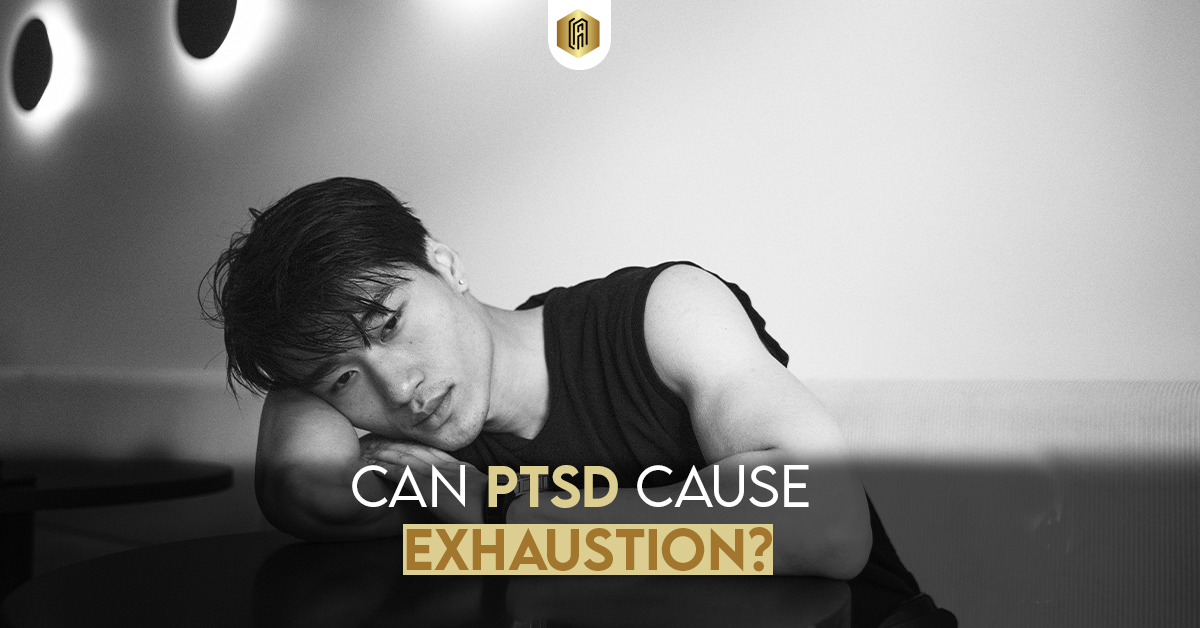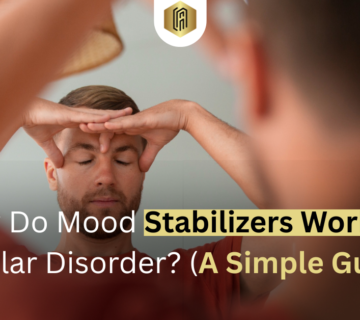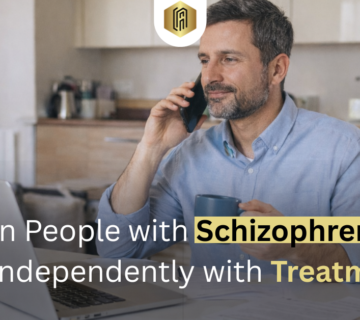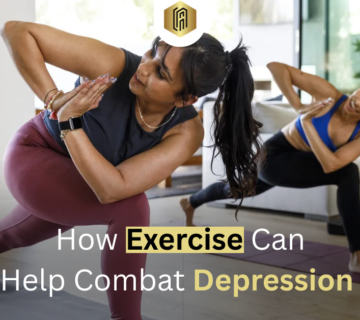Post-Traumatic Stress Disorder (PTSD) often follows life’s storms. It can arise after terrifying or unsettling experiences. Many link PTSD to fear and anxiety. However, its hidden toll is less well-known. It can leave you feeling completely drained. So, can PTSD cause exhaustion? Yes, PTSD can leave people feeling exhausted.
Get ready to discover how PTSD causes fatigue. We’ll link complex PTSD, trauma exhaustion, and tiredness. Then, we’ll share tips to lift your mood and energy.
Regain energy and peace with Ascension Psychiatric Services. Our compassionate care helps you overcome PTSD and exhaustion. Contact us today.
What Is PTSD?
PTSD can occur after car crashes or disasters. Yet, fear and stress may persist. Memories trap you, leaving peace out of reach.
People with PTSD often:
- Relive bad memories through flashbacks.
- Scared or anxious for no reason
- Stay away from things that trigger trauma
PTSD affects emotions and drains energy. It leaves you tired, like a low battery. Focusing is as hard as catching smoke with your hands.
Why Does PTSD Make You Tired?
You may wonder, does PTSD make you tired? Absolutely! Here’s why:
-
Always Staying Alert
People with PTSD often feel hypervigilant. They stay alert for threats. This constant readiness is tiring. It leaves them drained and anxious.
-
Sleep Problems
People with PTSD have nightmares that disrupt their sleep. Often, they wake up, breaking their rest. This leads to severe tiredness, called PTSD exhaustion. The cycle continues, draining energy and slowing recovery.
-
Emotional Stress
Each day, anxiety, fear, and overwhelm drain your mind. This emotional strain exhausts your body as much as heavy physical activity does.
-
Body Pain
PTSD touches your thoughts and your physical self, too. It causes headaches, muscle aches, and stomach pain. These aches take away your strength, and you feel tired.
Complex PTSD and Tiredness
C-PTSD is a severe form of PTSD. It is caused by prolonged trauma, like a dangerous home or constant abuse. People with C-PTSD often feel more tired. Their stress hangs around, much like a thick fog.
Here’s how complex PTSD and tiredness are connected:
- Long-term stress harms your body.
- People with C-PTSD often feel emotionally numb and lose energy.
Complex trauma exhausts survivors, leaving them drained. They find rest hard to come by and lack energy. Recharging becomes a bigger challenge.
PTSD and Chronic Fatigue Syndrome
People with PTSD often have chronic fatigue syndrome (CFS). Even with sufficient rest, they feel exhausted. This persistent tiredness lingers, leaving them drained irrespective of good sleep or its duration.
PTSD and chronic fatigue syndrome have these symptoms:
- Tired all the time
- Muscle soreness or fatigue
- Difficulty focusing
- Diminished stamina for routine actions
Researchers say PTSD’s constant stress changes how the body uses energy. This leads to lasting fatigue, which slowly drains energy.
Trauma Exhaustion: What Is It?
Your body responds to trauma beyond just emotions. It goes into fight or flight mode. This survival mode can continue even after the threat is gone. This leads to trauma exhaustion. Trauma drains energy and vitality.
Signs of trauma exhaustion include:
- Feeling drained and weary
- Struggle to concentrate
- Memory lapse
- Shortage of ambition
This kind of fatigue illustrates the deep scars trauma leaves on your body and mind.
PTSD and Sleep Problems
Sleep is crucial in connecting PTSD and tiredness. PTSD often disrupts sleep. This leads to various sleep problems, including:
- Frightening dreams about the harrowing experience
- Frequent awakenings during the night
- Restless nights
Lacking quality sleep means your body cannot refresh itself. It becomes challenging to remain alert and concentrate during daylight hours.
How to Manage PTSD Exhaustion
Constantly battling fatigue can dim your daily sparkle, but fear not! Energizing your life is possible with a few simple tweaks. Here’s your toolkit for tackling PTSD exhaustion:
-
Talk to a Therapist
A therapist helps you through trauma. They give you tools to relieve stress. In therapy, you find a break from emotional exhaustion.
-
Create Better Sleep Habits
Set a regular bedtime and turn off screens. Calm nightly rituals improve sleep quality.
-
Stay Active
Walking or stretching boosts energy and mood. These simple activities show that even a little movement counts.
-
Eat Healthy Foods
Consume vibrant fruits and vegetables, along with lean proteins. They will fight fatigue and fuel your body.
-
Practice Relaxation
Reduce stress and calm your mind. Try mindfulness, meditation, or deep breathing. These methods quiet racing thoughts and help you relax.
Helping Someone with PTSD and Tiredness
Supporting a loved one with PTSD and fatigue? Here are some ways:
- Hear with an open mind.
- Urge them to see a doctor or therapist. This sparks change and leads to a better life.
- Help with hard tasks. Your support can make burdens lighter and someone’s day better.
Empathy and composure comfort those facing hardship. They greatly affect their journey.
Let’s Conclude Can PTSD Cause Exhaustion?
So, can PTSD cause exhaustion? Absolutely. PTSD brings deep exhaustion. It affects both the mind and body. Sleep is hard to find. Emotions are chaotic. Physical pain is common. This mix of troubles saps energy, leaving people tired.
Many with PTSD experience exhaustion. This includes complex PTSD fatigue, trauma-related tiredness, and chronic fatigue syndrome. However, hope is alive. Recovery is possible with the right support. People can regain their energy and improve their health.
PTSD affects you or someone close. But, you’re not alone. Reach out. There’s hope for a better future.
FAQs
Why does PTSD make you tired?
PTSD causes fatigue. It’s due to hypervigilance, poor sleep, and emotional and physical issues, like pain.
What is trauma exhaustion?
Trauma exhaustion is long-term stress from a traumatic event. It makes you feel weak and unmotivated.






No comment